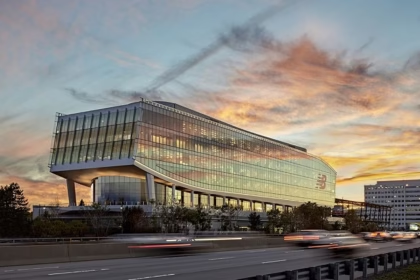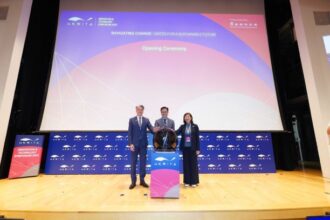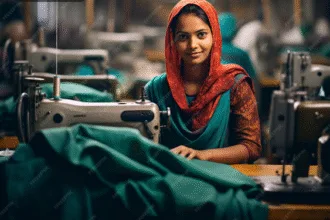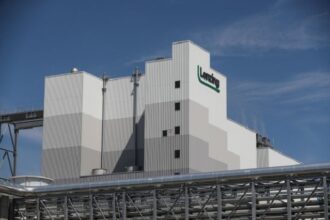Vietnamese manufacturers are on high alert due to growing uncertainty surrounding US tariff policies, according to a new survey by PwC Vietnam. The report, titled “US Tariff Policies: Impact and Pathways”, found that 86 percent of respondents are either concerned or deeply concerned about the impact of US tariffs on their business operations, while only 14 percent remain neutral or slightly worried.
The key concerns among businesses include rising costs, cited by 23 percent of respondents, and shifting market dynamics, mentioned by 15 percent. These potential disruptions are prompting Vietnamese companies to act swiftly to mitigate the risks.
To counter the challenges, companies are taking a three-pronged approach. Nearly half of the surveyed businesses—44 percent—are diversifying their sourcing away from traditional countries like China, while 34 percent are renegotiating terms with current suppliers to rein in expenses and improve financial flexibility.
At the same time, 40 percent of the companies are investing in automation and process streamlining to enhance operational efficiency, and 32 percent are focusing on cutting waste and boosting internal productivity. These changes are designed to build leaner, more resilient manufacturing systems that can withstand external trade shocks.
Long-term strategies are also being considered, with 41 percent of businesses planning to tap into new export markets beyond the US. Meanwhile, 25 percent are adjusting their pricing models to maintain competitiveness amid volatility.
The survey also signals a growing awareness of the dangers of overreliance on a single sourcing hub like China. Manufacturers are actively seeking partnerships in more stable regions and integrating deeper into both local and FDI-driven supply chains as a buffer against geopolitical uncertainty.
As traditional markets become more unpredictable, many Vietnamese exporters are expanding their reach to the European Union, ASEAN countries, and Japan. The evolving strategies reflect a broader effort by Vietnamese industry to adapt swiftly and stay globally competitive in a changing trade landscape.





